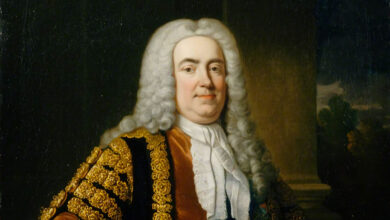Marcus Aurelius, Roman emperor and a towering figure in Stoic philosophy, reigned from 161 to 180 AD. Born on April 26, 121 AD, in Rome, his path to the throne was unexpected. Raised by his grandfather after his father’s early death, he received a privileged education, excelling in philosophy and rhetoric. Adopted by his uncle, the emperor Antoninus Pius, Marcus Aurelius found himself destined for imperial power.
Despite the grandeur of his position, Marcus Aurelius was known for his philosophical bent. A dedicated follower of Stoicism, he emphasized reason, virtue, and self-control in the face of adversity. His writings, compiled in his “Meditations,” offer a window into his inner life and his philosophy on navigating the challenges of leadership and the human condition. Ruling during a turbulent period marked by wars and plagues, Marcus Aurelius strived to be a just and responsible emperor, leaving a complex legacy that inspires leaders and philosophers today. His reign ended with his death on March 17, 180 AD, in Vindobona (modern-day Vienna, Austria).




